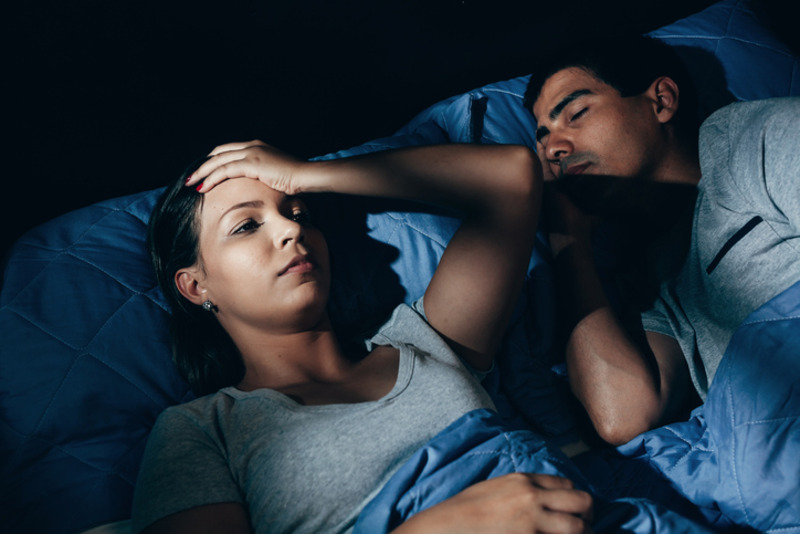
How Sleep Affects Sexual Function

A good night’s sleep has many health benefits, and supporting a person’s sexual functioning may be one of them.
The authors of a recent study explored the relationship between sleep disorders, sleep quality, sleep duration and sexual dysfunction through a literature review and meta-analysis of all publications on the topic from inception to November 10, 2022.
After reviewing and screening the articles for appropriateness, a total of 43 publications with 11 longitudinal studies and 32 cross-sectional studies were included in the final review. The studies were published between 2002 and 2022 and included 491,718 participants, and all assessed the link between sleep (i.e., disorders, quality, and duration) and sexual dysfunction.
The results of this review and meta-analysis confirmed what many previous studies indicated about sleep and sexual dysfunction. Firstly, sleep disorders, especially obstructive sleep apnea (OSA), increase the risk of sexual dysfunction in both men and women. In fact, the pooled relative risk of sexual dysfunction in patients with sleep disorders was 1.97 in longitudinal studies and 2.05 in cross-sectional studies.
Secondly, poor sleep quality is significantly associated with sexual dysfunction. This means that people who do not sleep well (perhaps due to a sleep disorder such as insomnia, a sleep-related breathing disorder, a circadian rhythm sleep-wake disorder, or another type of sleep disorder) may be at a higher risk of experiencing sexual dysfunction.
Lastly, short sleep duration is associated with an increased risk of sexual dysfunction. Nevertheless, there is no significant association between long sleep duration and sexual dysfunction risk.
While there are several proposed mechanisms regarding the link between poor sleep and sexual dysfunction, many center on the theory that disrupted or reduced sleep can affect the normal sleep architecture, reduce REM (rapid eye movement) sleep, and ultimately decrease the quantity and bioavailability of important sex hormones that are produced during sleep.
Given these results, if you or your partner frequently experience disrupted or impaired sleep with no readily identifiable cause, it may be worthwhile to visit a sleep specialist who can propose options for better sleep. The first step you can take to try to improve your sleep is to improve your sleep hygiene by avoiding the use of electronic devices before bed, by creating a dark, comfortable sleep environment, and by limiting noises and/or distractions in the room where you sleep.
References:
- Dilixiati, D., Kadier, K., Laihaiti, D., Lu, J.D., Rezhake, R., Azhati, B., & Rexiati, M. (2023). The relationship between sleep disorders, quality, and duration and sexual dysfunction: a systematic review and meta-analysis. The Journal of Sexual Medicine, 20(6), 766-780. DOI: https://doi.org/10.1093/jsxmed/qdad054



